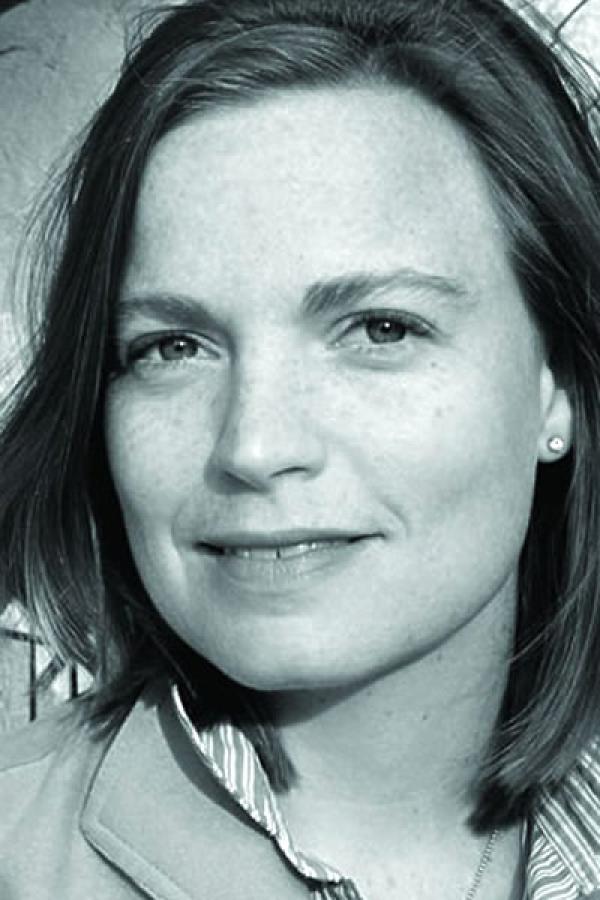Rebecca Black

Photo by Sylvain Carton
Bio
Rebecca Black was raised in Albany, Georgia. Her first book of poems, Cottonlandia (2005), won the University of Massachusetts Press Juniper Prize. She received a BA in Art History and English from Tulane University, and an MFA from Indiana University. Over the years, she's worked as a curatorial assistant at the Smithsonian, tarred ranch roofs in Texas, and is now studying to become an Iyengar yoga teacher. A recent Stegner fellow at Stanford, she currently lives in San Francisco, and serves as Director of Creative Writing at Santa Clara University and as a board member of River of Words, a non-profit which connects kids to their watersheds through poetry and art. Her website is www.cottonlandia.com.
Author's Statement
With the help of the NEA, I plan to continue writing my second manuscript of poems. While Cottonlandia, my first book, is concerned with the question of what we do with what has come down to us from the past, this second collection is concerned with the abuse and use of historical amnesia. In Cottonlandia, the past tends to swamp the reader-the ghosts of Creek Indians, Otis Redding, early women photographers, my father's Atomic Era childhood-all haunt the poems. The book ends with a section of persona poems detailing the adventures of a female golem, Mephista, and her maker, Miss Black.
In the second collection, as yet untitled, I'm interested in how history, both personal and public, trips and tricks us. "History will hang you up with a dirty rope," proclaims the voice in one poem about the Civil War prison camp Andersonville. With the aid of an NEA fellowship, I'm taking time off from teaching to head from California back south, where I'll research my long poem, "The Ballad of Hogzilla," visit artists and architects in Georgia and Alabama, and finally see the plantation where the cotton gin was "invented."
I'll also be able to sit with my father to coax stories out of him and maybe we'll even draft the children's book we've talked always about writing together. For all of this, I'm thankful to the NEA.
Tuesdays, 4 P.M.
I was skimming old issues
of The Atlantic when I heard
a tiny voice sing out
from behind my chair.
A gray mouse appeared -
I trapped it in a planter
turned upside down.
Then the therapist opened
her door. She said just leave
the mouse there
for the duration of our session.
So for fifty minutes
I thought of the mouse
I'd trapped, pressing
its claws and chest
against the hammered
dome of brass, its bardo
home, moving back
and forth in darkness
like the tongue of a bell.
Now how does that make
you feel, the therapist asked.
I talked the usual amount,
then on and on.
As long as I spoke,
the mouse would not
be killed. So I held
that being in my mouth,
kept him alive
one word at a time.

